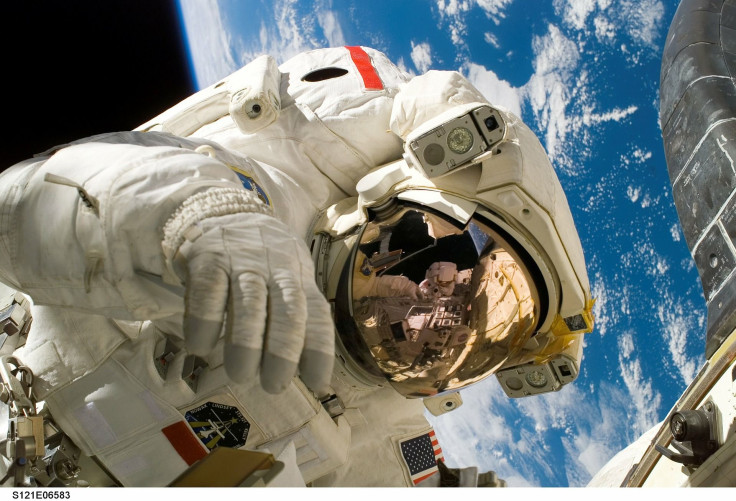Spaceflight Alters Human Heart Cells, But Return To Near Normal On Earth

Life in space is very different from that on earth. While moving and working in space, an astronaut’s body experiences some changes like lowered arterial pressure and heart rate as well as increased cardiac output.
These bodily changes may or may not have an adverse effect on the astronaut’s health. In order to find out the impact of these changes on a person’s body, a group of researchers from Stanford University in California examined the effects of microgravity on cardiac function.
Researcher Alexa Wnorowski and her colleagues used human heart cells for their experience. The heart muscle cells were developed by reprogramming blood cells into stem cells. The blood samples for the experiment were taken from three individuals who had no history of any heart problems.
While half of the human heart cells were kept on earth for comparison, the other half was sent to the International Space Station on a SpaceX spacecraft. Then, the research team waited for over five weeks for the second sample to return to the ground.
When the researchers examined both the samples, they found significant changes in the genes of the second sample. Nearly 3000 genes of the heart muscle cells were altered by spaceflight. Most of them were responsible for the functioning of mitochondria and metabolism.
The research team continued to observe the second sample for 10 more days and they found that about 1000 genes still looked different from the first sample. But most of the genes responsible for metabolism and mitochondria had returned to normal.
This experiment indicates that human heart cells can quickly adapt to a change in the environment. But it remains to be seen if there will be a change in results during long-duration spaceflight, the researchers noted.
“We're surprised about how quickly human heart muscle cells are able to adapt to the environment in which they are placed, including microgravity,” senior study author Joseph C Wu said in a statement.
Previous studies have found a change in blood pressure, heart rate and blood flow from the heart of an astronaut during spaceflight. But most of these researches were done on animals or they were done using human organs or tissues.
“Our study is novel because it is the first to use human induced pluripotent stem cells to study the effects of spaceflight on human heart function,” Wu said.
“Microgravity is an environment that is not very well understood, in terms of its overall effect on the human body, and studies like this could help shed light on how the cells of the body behave in space, especially as the world embarks on more and longer space missions such as going to the moon and Mars,” he added.
© Copyright IBTimes 2025. All rights reserved.





















